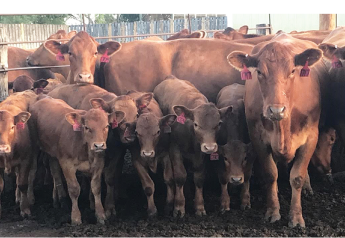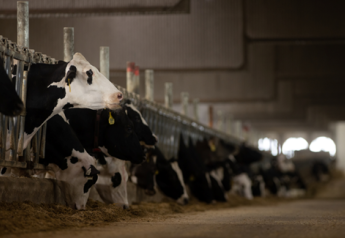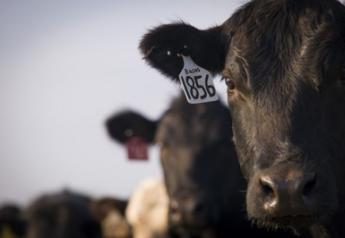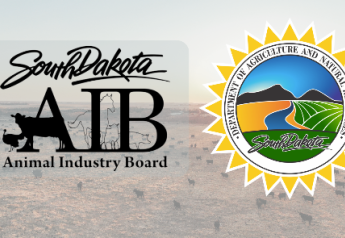Mizzou Provost Appoints College of Veterinary Medicine Dean

University of Missouri Provost and Executive Vice Chancellor Garnett Stokes announced today that Carolyn Henry, former associate dean for research and graduate studies and current interim dean of the College of Veterinary Medicine, has been named dean of the College of Veterinary Medicine, effective immediately.
“Dr. Henry’s leadership was viewed very positively by stakeholders and campus leaders inside and outside of the college,” Stokes said. “Dr. Henry truly cares about the success of faculty, staff and students, and her messages regarding the value of providing a distinguished veterinary curriculum resonated with donors and board members. Dr. Henry is more than prepared to lead the college into the future. Mizzou has much to look forward to working with Dr. Henry as the new College of Veterinary Medicine dean.”
“Our faculty, staff, and trainees are some of the most dedicated and compassionate people you could ever meet,” Henry said. “I consider them my family and am honored to be chosen to serve as their dean.”
Henry, an oncology researcher, earned a doctor of veterinary medicine degree at Auburn University. She practiced small animal and emergency medicine in Alabama and Georgia before returning to Auburn to complete an oncology residency and a master of science degree.
She served as a faculty member at the Washington State University College of Veterinary Medicine for four years and joined the faculty of the University of Missouri in 1997 as an assistant professor of oncology, becoming the first American College of Veterinary Internal Medicine board-certified oncologist at MU. In 2001 she received a dual appointment with the MU School of Medicine, and in 2002 she became the director of the Tom and Betty Scott Endowed Program in Veterinary Oncology. She has served as the associate director of research at the Ellis Fischel Cancer Center since 2011.
“I am truly humbled to serve as the dean of the College of Veterinary Medicine, Missouri’s only institution that confers the DVM degree,” Henry said. “This is not a responsibility I take lightly. Our students are among the best, and they graduate with the skills needed to serve important roles in the veterinary profession. MU is a national leader in comparative medicine, in which our outstanding faculty and student researchers collaborate with other disciplines sharing discoveries and innovations for animals and people. As a land grant institution, we also bear responsibility for supporting agriculture in our state and serve an important role in food security. I look forward to continuing the support of our mission to teach, heal, discover and serve.”
Henry has served on the American College of Veterinary Internal Medicine (ACVIM) Board of Regents and is past president of both the Veterinary Cancer Society and the ACVIM Specialty of Oncology. In 2014, she was elected to the National Academies of Practice as a distinguished fellow in the Veterinary Academy. Among many other honors, she received the Student American Veterinary Medical Association Public Health and Community Outreach Teaching Excellence Award and was the recipient of the Robert W. Kirk Award for Professional Excellence in 2017. Presented annually by the ACVIM, the award recognizes outstanding achievements and dedicated service to the veterinary profession.







